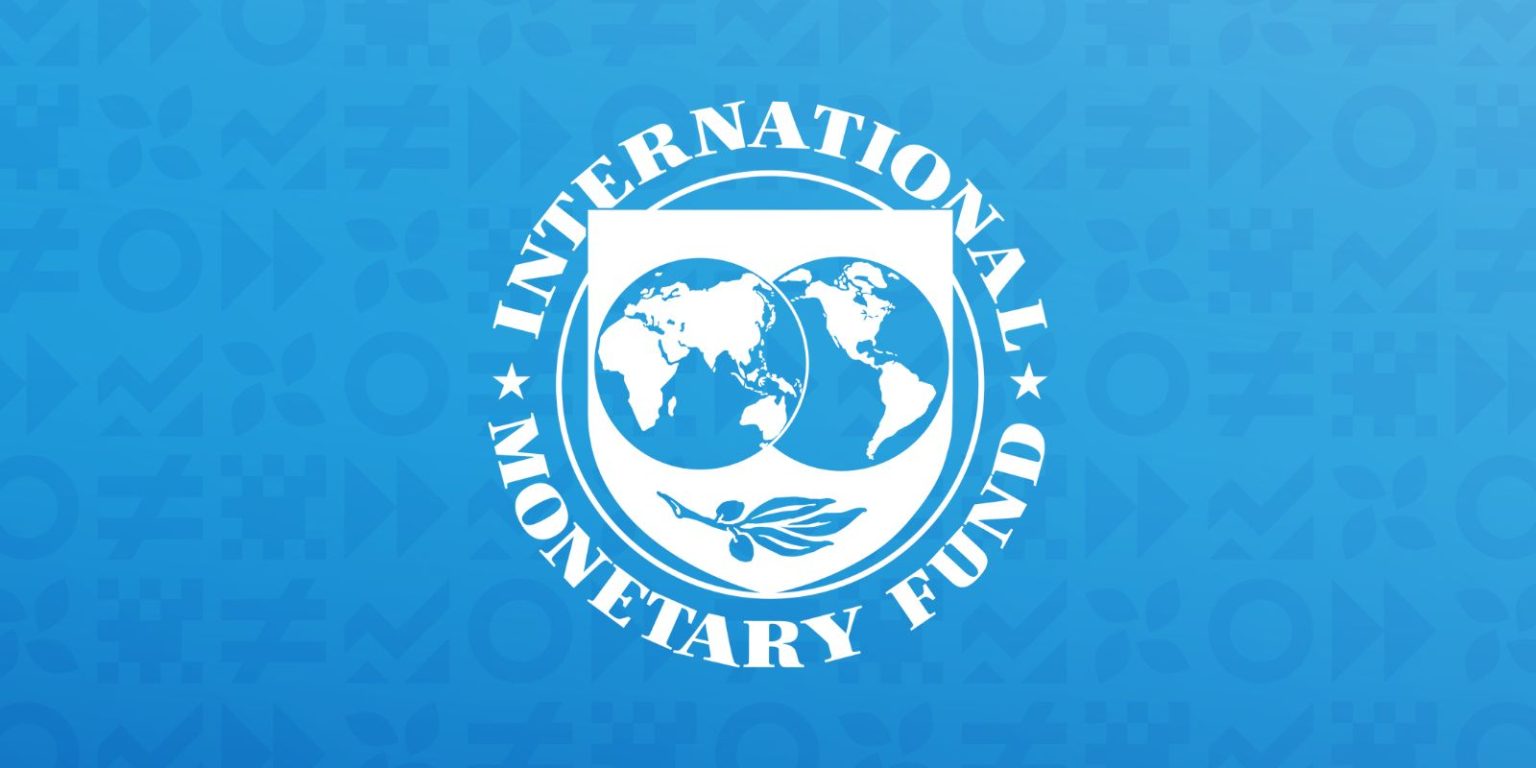The International Monetary Fund (IMF) has concluded its two-week review mission to Dhaka with a cautiously worded statement that stops short of greenlighting the disbursement of tranches—totalling over $1 billion—under the $4.7 billion loan package.
While the statement does not close the door entirely, it places Bangladesh in a critical position—offering a narrow window for reform, as time runs out.
Led by Mission Chief Chris Papageorgiou, the IMF delegation held extensive discussions in Dhaka from 6 to 17 April, reviewing economic indicators, fiscal strategies, and the health of the financial system.
The outcome was inconclusive. Bangladesh, though in a slightly better position than a few months ago, remains under pressure due to modest foreign exchange reserves and structural economic challenges.
At the heart of the IMF’s assessment is a pointed message to Dhaka’s policymakers: the country has not yet fulfilled key reform conditions required to unlock the next disbursements.
The multilateral lender emphasised that “thorough, well-sequenced financial sector reforms are essential for maintaining stability,” urging legal reforms aligned with international standards and fast-tracked operational frameworks for orderly bank restructuring that protect small depositors.
Chris Papageorgiou expressed dissatisfaction at the economic growth, saying, “The Bangladeshi economy continues to face multiple challenges amidst elevated global uncertainty. GDP growth fell to 3.3 percent (year-on-year, y-o-y) in the first half of FY25, down from 5.1 percent in the same period of FY24, reflecting economic disruptions caused by the popular uprising, a tighter policy mix, and heightened uncertainty that weighed on investment.
“After peaking at a decade-high of 11.7 percent in July 2024, headline inflation eased to 9.4 percent (y-o-y) in March 2025 but remains well above Bangladesh Bank’s (BB’s) target range of 5–6 percent,” he added.
The first instalment of $476.27 million was disbursed in February 2023, followed by a second instalment of $682 million in December that year.
In June 2024, Bangladesh received $1.15 billion in the third tranche, nearly double the originally planned amount. At that time, the IMF also eased the conditions for the country’s foreign exchange reserves, lowering the target from $20.10 billion to $14.76 billion.
Delayed tranches and missed targets
The IMF had previously delayed the fourth tranche, worth $645 million, during its February review mission. It was initially planned to be presented alongside the fifth tranche at the IMF Executive Board meeting in June, postponed from March.
According to finance ministry officials, the delays are due to Bangladesh’s failure to meet two critical conditions: allowing the exchange rate to be fully market-determined and collecting an additional Tk 12,000 crore in VAT beyond the current fiscal target.
To help meet these goals, the IMF recommended separating the Revenue Policy Division from the National Board of Revenue (NBR), implementing structural reforms, amending VAT laws for a uniform 15% rate on all goods, and reducing subsidies in the power and energy sectors.
Loan background and additional requests
Bangladesh entered into the $4.7 billion IMF loan agreement in January 2023, amid rising inflation, declining foreign exchange reserves, and external economic pressures.
The programme includes three components: Extended Credit Facility (ECF), Extended Fund Facility (EFF) and Resilience and Sustainability Facility (RSF).
The ECF and EFF are aimed at ensuring macroeconomic stability and structural reform, while the RSF—the first of its kind for Bangladesh—supports climate resilience and the green energy transition.
Prompted partly by Sri Lanka’s economic collapse in 2022, the then Sheikh Hasina administration turned to the IMF as a precautionary measure, viewing it as a lender of last resort.
Bangladesh had also requested an additional $750 million from the IMF. Of this, $160 million was expected to be disbursed within the current fiscal year: $80 million with the fourth tranche in February and another $80 million with the fifth tranche in June. However, all disbursements remain suspended due to unmet conditions.
Next steps and growing urgency
The IMF’s concluding statement hinted at hope but stressed urgency: “Discussions are continuing with the objective of reaching a staff-level agreement in the near term—including during the April 2025 IMF-World Bank Spring Meetings in Washington, DC.”
Such an agreement is a prerequisite for IMF board approval and the release of funds. Until then, Bangladesh remains in limbo.
The IMF also underlined the need for effective asset quality reviews (AQRs), strengthened risk-based supervision, and improved governance and transparency in the financial sector. Institutional reforms to enhance the independence of Bangladesh Bank were cited as essential for long-term macroeconomic and financial stability.
According to finance ministry and central bank officials, the sticking points are familiar: exchange rate management, tax reform, subsidy rationalisation, and banking sector transparency. While the government has made some progress, the IMF remains unconvinced that the current path is sustainable.


